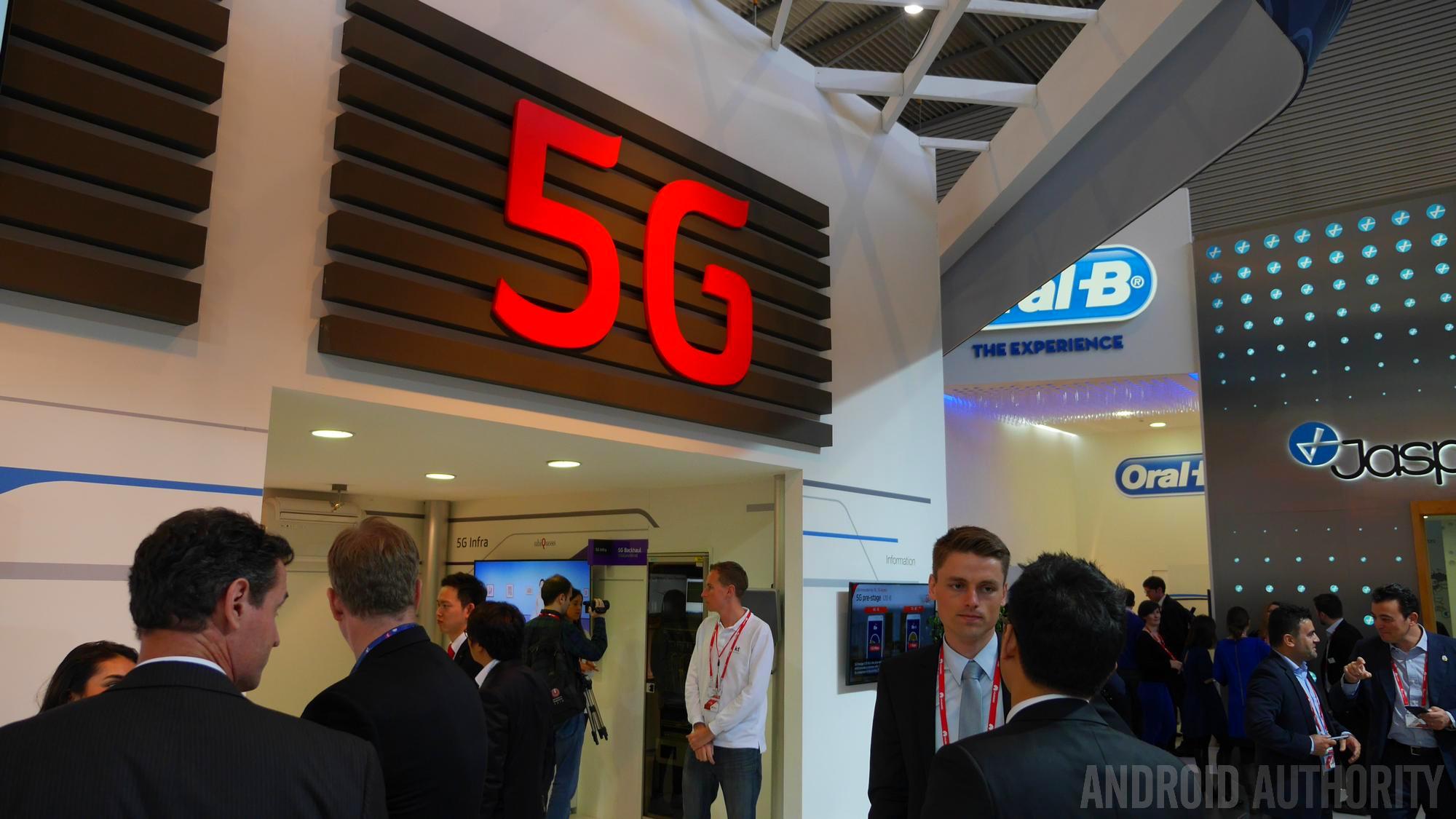- AT&T is promoting its new technology called 5G Evolution.
- According to a press release, 5G Evolution is now in over 100 markets.
- However, despite what its moniker would suggest, 5G Evolution is not 5G.
Yesterday, AT&T put out a press release patting itself on the back for launching what it calls 5G Evolution technology in over 100 markets. The term 5G Evolution makes one think that what AT&T turned on is 5G technology. But it's not. Not even close.
What AT&T really did is launch enhanced LTE technology. In other words, AT&T added some new bells and whistles to existing 4G LTE, slapped the term 5G onto it, and sent out a press release.
We've seen this kind of sneakiness before from AT&T, like when it announced that three American cities would get a 5G network before the end of 2018. What it left out is that the 5G networks will be limited to very specific areas of the cities and that no existing (or even upcoming!) smartphones will be able to access that network. Once again, another PR stunt.
To its credit, AT&T seems to understand that it is playing fast and loose with the term 5G, as it tried to explain the 5G Evolution moniker in a blog post not long after the press release dropped.
So what is really going on here? What AT&T is doing is getting ready for the eventual deployment of a 5G network. When it says 5G Evolution, it really means a 4G network that is now a little more ready to eventually become a 5G network. That's why the word "evolution" is in there.
What's even more confusing is that any speed increases or service upgrades that occur with this 5G Evolution rollout can only be enjoyed by devices with certain configurations. Example devices are the Samsung Galaxy S8 and S8 Plus, Galaxy S9 and S9 Plus, the LG V30, and the Motorola Moto Z2 Force. Other devices with different chips or modems won't see any differences at all, even if they are operating in one of the 5G Evolution cities.
But AT&T's marketing department knows that you know that 5G means fast. So when you see that AT&T rolled out something with the term 5G in it, that makes you think that AT&T is faster than other carriers. That's all AT&T is trying to do here; make you want to switch to their "faster" network.
No one is faulting AT&T for trying to entice customers to use its service. But it can't use the term 5G if what it's rolling out is not 5G, just like McDonald's can't call its shakes "milkshakes," because there isn't any milk in them.
For now, we'll leave you with these simple facts: a reliable, nationwide 5G network is still years away. And a smartphone that can access a 5G network is at least a year away. Any company that uses the term 5G to sell a product from now until at least the middle of 2019 is simply fudging the truth, so be wary.
NEXT: 5G vs. gigabit LTE: The differences explained
from Android Authority https://ift.tt/2qKE4fI
via IFTTT



Aucun commentaire:
Enregistrer un commentaire